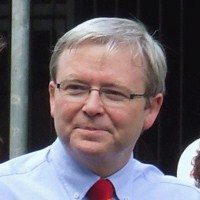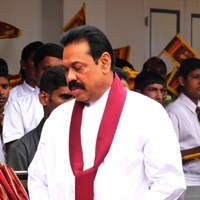
Editor’s note: This is the first of a two-part series on Australia’s upcoming elections. Part I looks at the domestic politics of the elections. Part II will examine the foreign policy issues at stake. When a desperate Australian Labor Party (ALP) ousted the incumbent prime minister, Kevin Rudd, in June 2010, replacing him with Australia’s first female prime minister, Julia Gillard, no one foresaw that the ALP would be relying on Rudd to bring the party back from political oblivion in 2013. But in June of this year, with polls predicting the ALP would be decimated in the September election, […]



